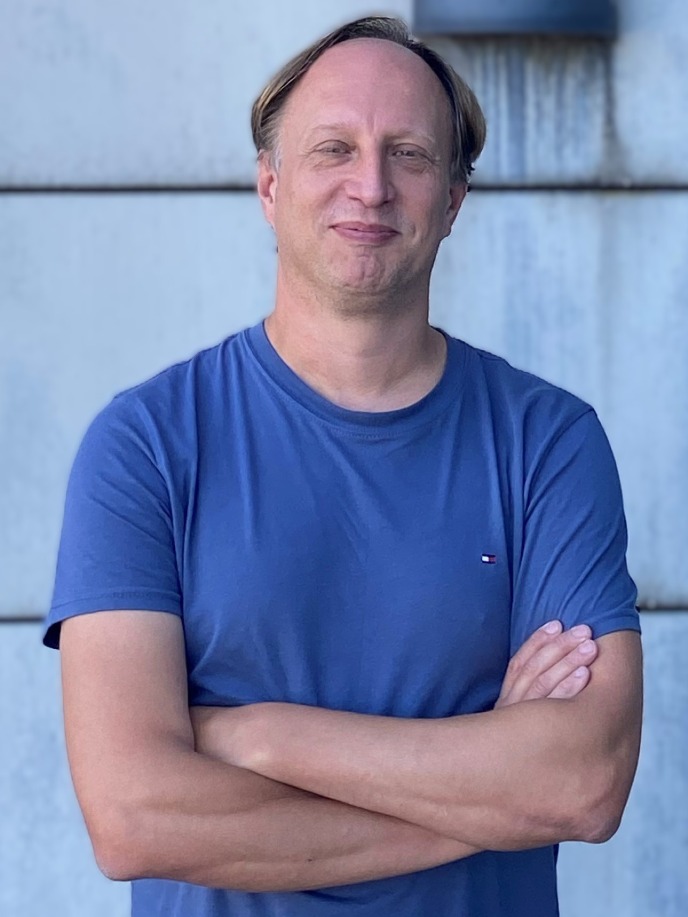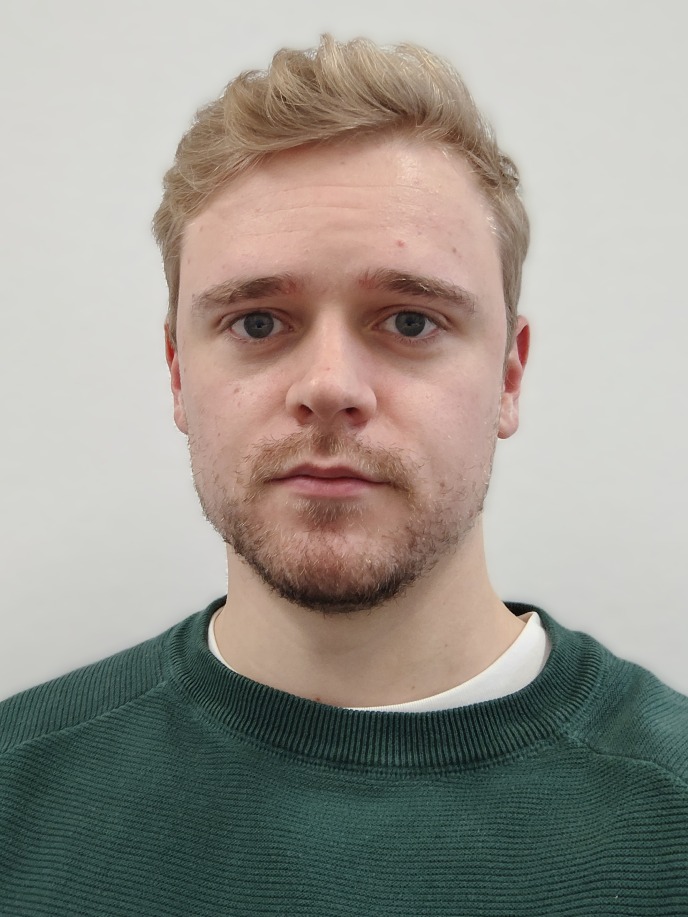Testimonials
This is a great opportunity to carry out technical development projects you might not otherwise be able to prioritise

At Ventura Systems, we develop door systems for public transport buses used by manufacturers around the world. When we were introduced to the EngD programme via ICD and the university, we weren’t immediately sure if our use case would qualify. But after a clear explanation of how our project fit within the programme, we saw real potential. Given our focus on requirements engineering, we defined a project and were able to move forward thanks to the subsidy.
The collaboration with the university has been smooth, with regular contact and clear communication. Our trainee is highly capable and works independently, which helps the process run efficiently. Together with the university supervisor, we review the outcomes and build from there.
The project focuses on analysing the quality of our product requirements using AI, something we previously did mostly manually. With more than a thousand requirements, that is a time-consuming task. While we encountered some initial IT-related delays, we’re now starting to see concrete results, and we expect the impact to become more visible in the second year.
The approach fits well with our innovation goals. It helps us improve requirement quality in less time, using a solution developed entirely in-house, meaning our sensitive data stays protected, which is an important advantage over commercial tools.
For companies considering the EngD programme: this is a great opportunity to carry out technical development projects you might not otherwise be able to prioritise. With university support and subsidy, you gain access to high-level academic knowledge. That said, you do need to invest time and have a clear sense of what you want to achieve. If you do, the programme can deliver real value.
The university brings in up-to-date knowledge you might not have in-house, ideal if you're facing a technical challenge without the right expertise internally.

After finishing my BSc and MSc in Computing Science in Groningen, where I specialised in machine learning and AI, I knew I wasn’t ready to go straight into a full-time job, but I also didn’t see myself doing a four-year PhD. The EngD programme offered the perfect middle ground: I could apply my technical skills in a real company context while continuing to broaden my academic knowledge.
Working at the company has been surprisingly enjoyable. I’m helping improve their ‘requirement ecosystem’ (essentially the technical blueprint for manufacturing bus doors) using LLMs to automate parts of the workflow. My biggest achievement so far is a similarity detection tool that’s reaching 98–99% accuracy. That result is really promising, and I’m proud to see it evolving from concept to implementation.
One of the most valuable courses for me was Software Architecture. My background was mainly in AI, so learning how to structure software from the ground up was new, and immediately applicable at work.
Professionally, this programme has taught me how to operate in a real-world engineering environment, from data security to long-term project planning. I’ve also improved my presentation and reporting skills, which I now put into practice regularly.
Personally, this year has helped clarify where I want to go: solving practical problems using AI across different sectors, not just in typical tech companies.
I would definitely recommend this programme to companies. It’s more affordable than hiring a new full-time employee thanks to the subsidy, and you gain strong academic support. The university brings in up-to-date knowledge you might not have in-house, ideal if you're facing a technical challenge without the right expertise internally.
| Last modified: | 30 September 2025 10.19 a.m. |
